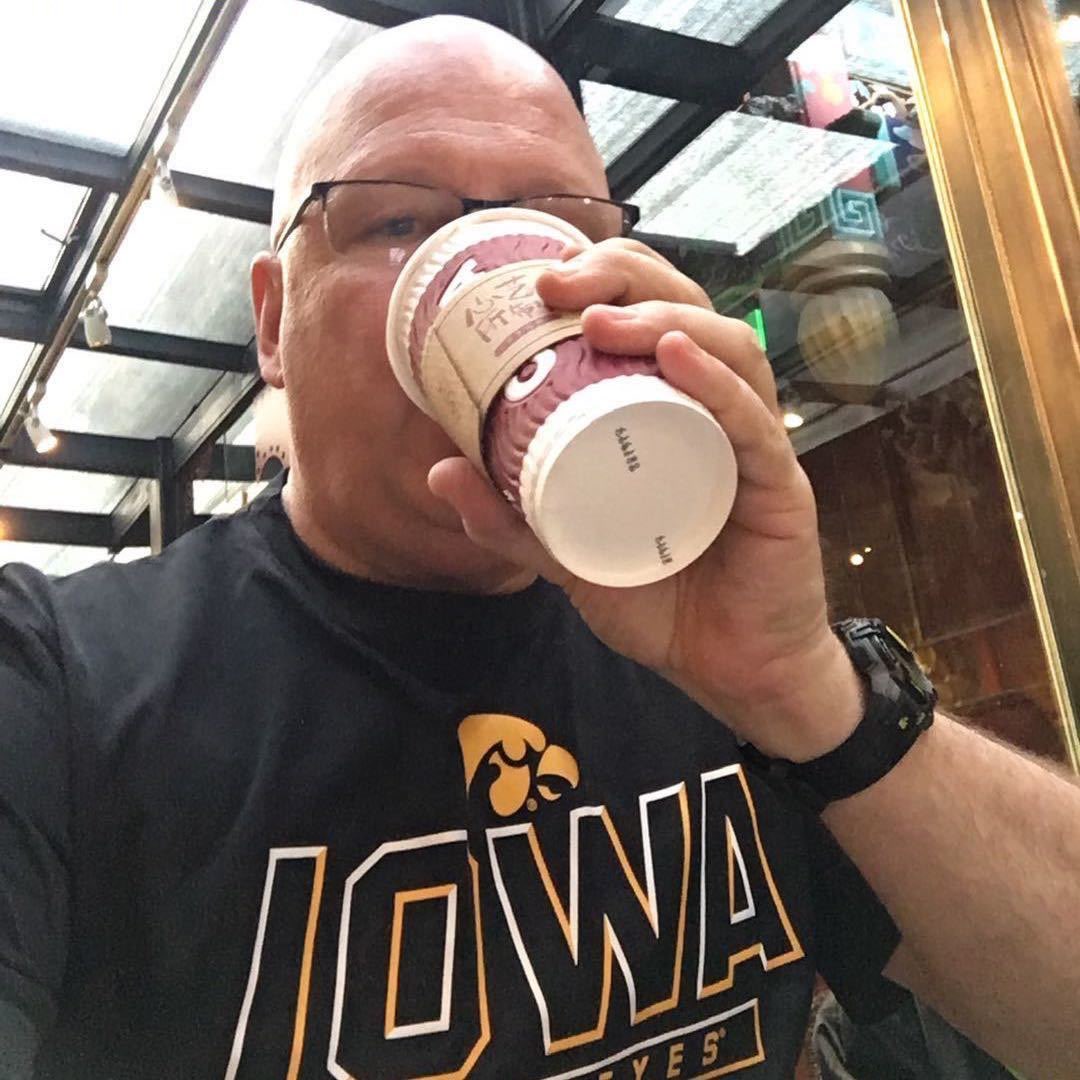Phrases To Describe Your English
So how can you say that you
’re an English learner without using words like “bad” or “terrible”? Here are some useful phrases:
Don’t say: “My English is terrible.”
Say: “I’m working on improving my English.”
The focus of the second sentence is positive (“improving”) and it shows that you’re actively working on making your English better.
Don’t say: “Sorry for my bad English”
Say: “English isn’t my first language, so please excuse any mistakes.”
The second sentence explains that you’re not a native speaker and requests patience and understanding – without using the word “bad” to describe your English.
Don’t say: “I don’t understand.”
Say: “Could you repeat that, please?” “Could you rephrase that, please?” “Could you speak a little slower so that I can understand you better?”
Asking the other person to repeat means you want them to say it again using the same words.
Asking the other person to rephrase means you want them to say it again using different words.
The last sentence asks the person to speak slower, but still focuses on the positive (“understand you better“) and not the negative (“I don’t / can’t understand”).
If The Other Person Doesn’t Understand You…
If you say something and the other person looks confused don’t worry, maybe they didn’t hear you, or they weren’t paying attention. It’s also possible that they’re not familiar with your accent.
To check understanding, you can ask:
“Does that make sense?”
If the other person says no, then say:
“Let me try again.”
or: “Let me clarify.”
Then say your sentence again. You can try:
* repeating it using the same words
* rephrasing it using different words
* speaking slower and being careful with the pronunciation
Download the HelloTalk app to join the conversation.
 Download
Download


















